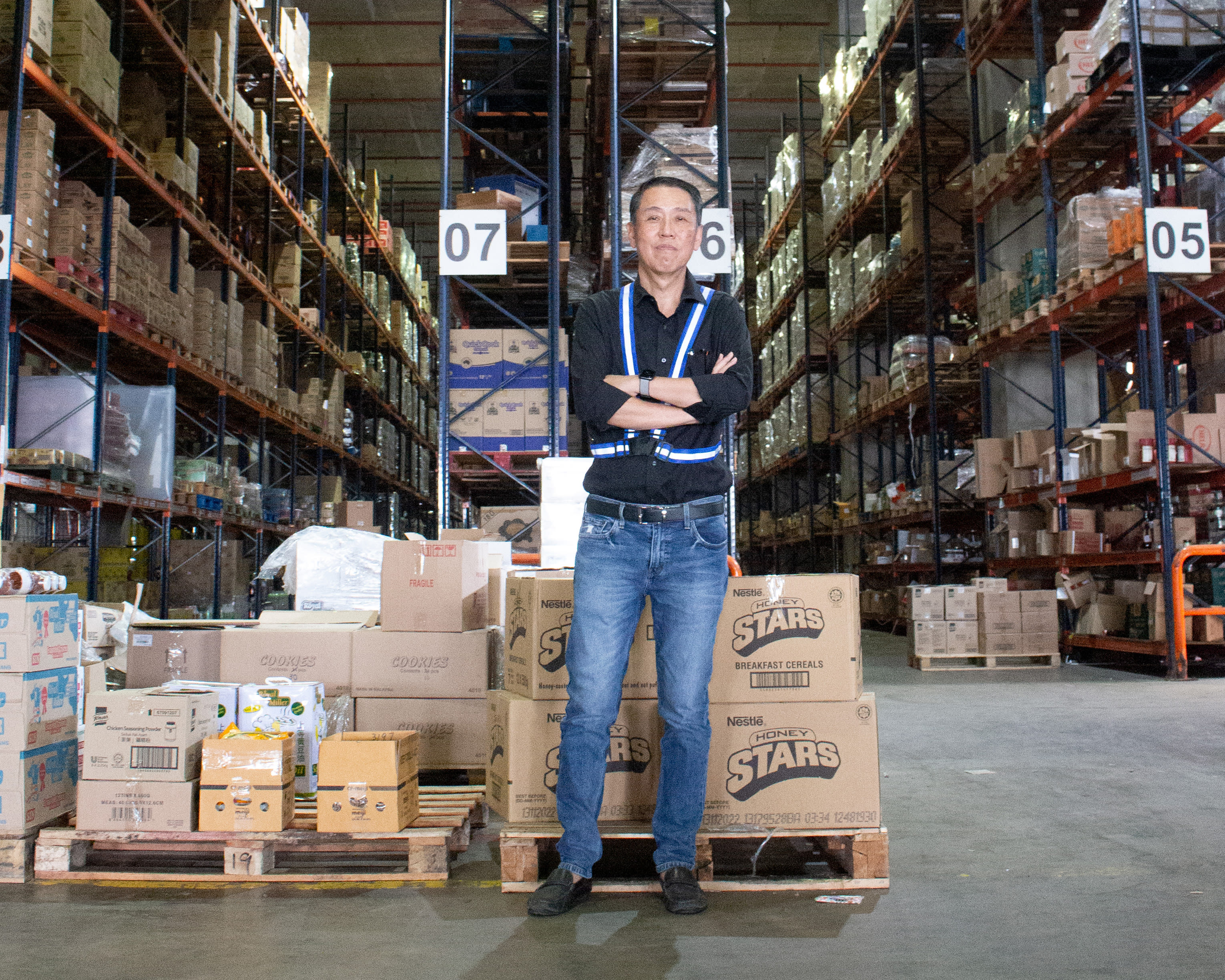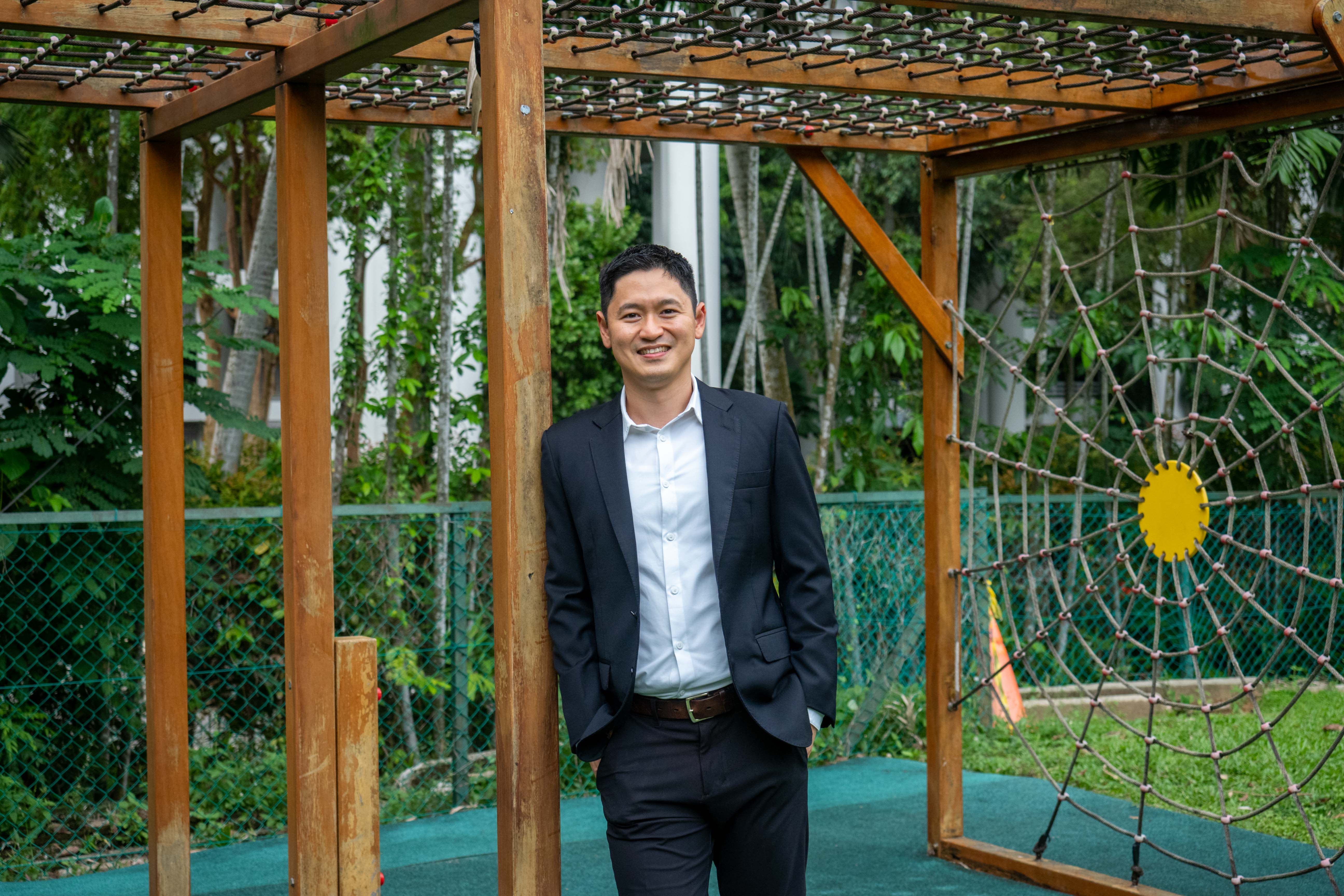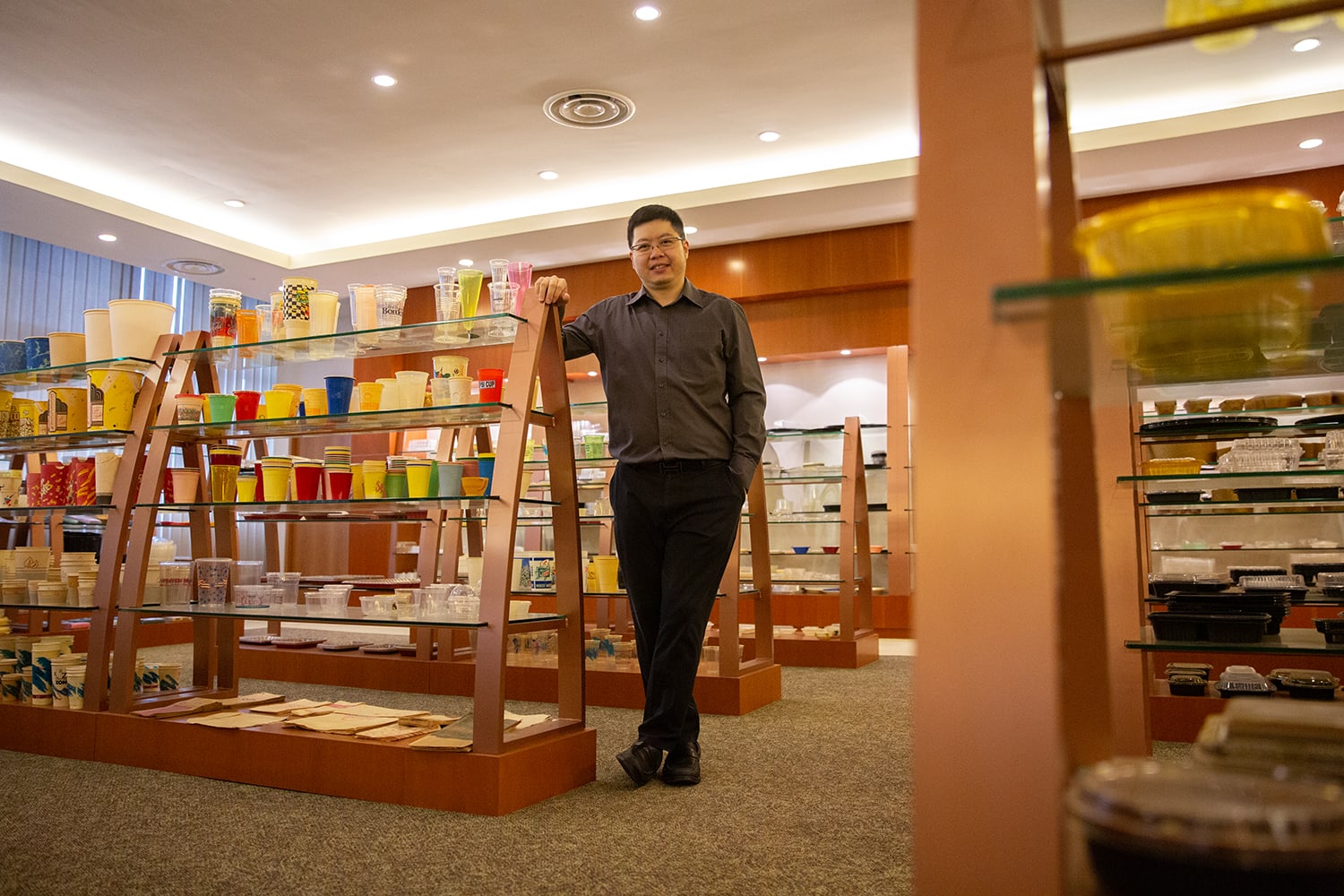The Big Read in short: As new crop of S'pore MNCs taste success, can they go on to become global brands?
SINGAPORE — Barely six months after its launch in Singapore in 2014, shopping and rewards platform ShopBack began to spread its wings to neighbouring Malaysia and Philippines.

“Whatever you introduce — geographically expanding or product expansion — put together, they should fulfil that goal of what you're trying to do, which is create better shopping experiences every day,” said ShopBack’s head of global expansion, Ms Josephine Chow.
This article was written in partnership with Enterprise Singapore.
Each week, TODAY’s long-running Big Read series delves into the trends and issues that matter. This week, we look at what it would take for more Singapore homegrown firms to become global brands. This is a shortened version of the full feature, which can be found here.
- Many homegrown firms here are driven to venture overseas in order to grow, owing to the small domestic market
- In recent years, a new breed of Singapore companies have risen quickly to establish themselves as recognised brands on the world stage, or "global champions"
- According to business experts, the profiles of homegrown global brands have evolved over the years, with firms capitalising on global digital trends finding recent international success
- This is in part due to Singapore moving from being competitive in lower cost manufacturing services to becoming a leader in the technology industry
- Company leaders and experts discuss what are the ingredients for Singapore firms to become global champions in the post-pandemic world
SINGAPORE — Barely six months after its launch in Singapore in 2014, shopping and rewards platform ShopBack began to spread its wings to neighbouring Malaysia and Philippines.
Around the same time, gaming chair company Secretlab was also expanding to neighbouring markets, exporting its products to Malaysia and Australia within less than two years since its founding in 2014.
Fast forward to today, ShopBack said it now has a presence in 10 markets, catering to 34 million users, while Secretlab has sold over two million chairs in more than 50 countries to date.
The two firms are part of a new breed of Singapore companies — along the likes of Grab, Sea Limited and Razer — which in recent years have risen quickly to establish themselves as recognised brands on the world stage.
“While we have had global champions in the past like Creative Technologies in the 1990s, we have many more globally recognised companies like Ninja Van, Secretlab and Nanofilm in recent years.Mr Jeffrey Siow, managing director and chief operating officer of Enterprise Singapore”
Mr Jeffrey Siow, managing director and chief operating officer of Enterprise Singapore (ESG), told TODAY: “Indeed, while we have had global champions in the past like Creative Technologies in the 1990s, we have many more globally recognised companies like Ninja Van, Secretlab and Nanofilm in recent years."
Just last year alone, there were 11 newly minted unicorns, added Mr Siow, referring to start-ups valued in excess of US$1 billion (S$1.36 billion).
ESG is the government agency tasked with supporting the development of small and medium-sized enterprises (SMEs) and helping homegrown businesses internationalise.
With the Republic’s small size translating to a limited domestic market, it is unsurprising that many homegrown companies have ventured overseas. But not all have succeeded — and even fewer can gain international recognition and become global champions for Singapore businesses.
CHANGING PROFILES OF S'PORE BRANDS THAT MAKE IT BIG
The Government has long encouraged homegrown firms to set loftier dreams and become global leaders, given the positive knock-on effects for the Singapore economy and other companies.
As recently as during the Committee of Supply parliamentary debates in March, the Ministry of Trade and Industry announced a slew of initiatives under its Enterprise 2030 strategy, which aims to support promising Singapore businesses to become “global champions”.
Business experts told TODAY that the profiles of homegrown global brands have evolved over the years. The shift was in part due to Singapore moving from being competitive in lower cost manufacturing services to becoming a leader in the technology industry.
WHAT HOMEGROWN GLOBAL BRANDS BRING TO S'PORE, OTHER FIRMS
Fortune favours the brave, and the same can be said about homegrown companies bold enough to face the risks in expanding overseas. And should they succeed big time, there would be significant ripple effects on the home country too.
For one, a company's successful foray into a foreign market would pave the way for other — typically smaller — Singapore firms to embark on their own internationalisation journey as well.
Take the case of food distributor firm Lim Siang Huat, which was founded in 1940 and has since established a strong presence in seven South-east Asian markets.
Its commercial director, Mr Richard Seah, said that with ESG’s support, the company has been helping Singapore firms which are interested to test their products overseas.
“We help to consolidate, ship, organise promotions, set up the display, monitor the display, provide necessary feedback to all the [participating companies],” he added, referring to Lim Siang Huat’s network of supermarkets and retail channels overseas.

Apart from directly bringing other firms’ products overseas, the success of Singapore companies overseas would also indirectly boost enterprises back home, said Dr Tan Joo Seng of the Nanyang Technological University's (NTU) Nanyang Business School.
Dr Tan, an associate professor of management, said that when a business successfully ventures overseas, it gathers deep knowledge about new markets and discovers what strategies would work or otherwise.
Mr Sumit Punwani, partner for corporate finance, deal advisory at professional services firm KPMG in Singapore, said that global companies operating on a significant scale would also offer international opportunities for its staff.
“This means local talent will be exposed to global perspectives and opportunities, enhancing the quality of the local talent pool in Singapore,” he said.
WHAT MAKES A GLOBAL CHAMPION
Business experts and companies interviewed highlighted a few key characteristics essential for a successful global enterprise.
Among these is the flexibility to adapt to different conditions as the company expands.
EtonHouse International Education Group, which runs 120 schools in 11 countries, is among those which have adopted varying strategies. Its entry into China was via strategic investment, whereas it embarked on a partnership to break into the Japan market.
“There’s a strategic decision to make. Can management actually focus on this country? If I’m not going to be able to focus on this country, then I need to work together with someone,” said EtonHouse executive director Ng Yi Xian.

Though flexibility is key, staying focused on the core business mission is equally important, said the companies.
Over at ShopBack, besides expanding into various markets, the firm has also begun its foray into fintech — via the acquisition of fellow homegrown buy now, pay later firm Hoolah, as well as the rolling out of its payment product, ShopBack Pay.
“Whatever you introduce — geographically expanding or product expansion — put together, they should fulfil that goal of what you're trying to do, which is create better shopping experiences every day,” said Ms Chow.
Hiring the right talent is also a key ingredient in a company’s successful expansion overseas, said those interviewed.
“The difference between hiring a good and great talent can really make a significant difference for a company's growth trajectory,” said Ms Chow.
MADE-IN-SINGAPORE: A BOON OR A BANE?
The challenges notwithstanding, one in-built advantage that local companies have in making their overseas forays is the value of the Singapore brand.
Food packaging company Seow Khim Polythelene (SKP) is also another homegrown firm that has benefited from this.
“Singapore’s reputation as a strict, no-nonsense regulatory nation paves the way for easy negotiations with prospective customers as it enhances consumer trust,” said SKP director Lim Wei Yeh.

The business support ecosystem available in Singapore is also a big help for homegrown companies eager to expand, said the companies interviewed.
Mr Ng of EtonHouse said that based on his overseas experiences conducting business, he found that not many countries had their equivalent of ESG, which is dedicated to supporting the growth of local companies.
“So by design, Singapore is already very lucky,” he added.
Apart from ESG, SBF also provides support for homegrown companies in their overseas endeavours. An example of SBF's initiatives is its Singapore Enterprise Centres (SECs) set up abroad to facilitate Singapore firms' forays.
On the flip side, the overall safe and stable business environment in Singapore may hamper local firms’ ability to handle uncertainties, which are part and parcel of growing as a global enterprise, said Mr Ng.
“The not-so-good part about this system is that when it comes to dealing with uncertainty in this world, we are very prone to looking at (others to take the lead),” he said, adding that sometimes such occasions call for brave leadership and decisive risk-taking.
Similarly, Dr Tan of NTU said that dealing with “a challenging business environment which is not well defined, well structured” overseas may be tough for Singaporeans, who are used to a more refined business infrastructure back home.
And while Singapore’s small size may be an impetus for its companies to look outwards for growth, it can also be a hindrance due to the small pool of human capital available.
Given the Republic’s attractiveness to global giant enterprises, homegrown companies often find themselves having to compete for the same talent pool.
Ms Chow of ShopBack took a more upbeat view of this, saying that local talents being employed by international companies in Singapore are akin to taking up “master’s degrees”, further deepening their skills and widening their exposure.
The skills acquired can then help local companies grow should these talents join them later on, she said.
Ms Chow suggested that more help can be offered to local companies — SMEs or MNCs alike — so that they can compete with their bigger counterparts on a more level playing field when it comes to attracting talented employees.
ESG’s Mr Siow acknowledged that the small size of Singapore's economy and population "will always constrain the number of our homegrown global enterprises". But technology and digitalisation may help make the size constraints “less daunting”, he said.
"Our businesses can test and enter new markets without establishing a physical presence and engage more customers in new and different ways using digital tools," he added. "Of course, this also means more intense global competition, which our companies get exposed to more quickly."
HOMEGROWN FIRMS SETTING THEIR SIGHTS HIGHER IN POST-PANDEMIC WORLD
Indeed, constraints or not, some homegrown firms which have tasted success globally are eyeing more growth.
After penetrating over 50 markets with its exports, Secretlab last year announced plans to bump up its existing Singapore headcount of 200 by about 50 per cent. A bulk of the expanded staff strength consists of engineers and designers, reflecting the company’s continued emphasis on its core product of gaming chairs.
It also plans to “continue investing heavily into research and development and ergonomic studies”, while keeping a keen eye on maintaining quality.
As for ShopBack, it believes that a supportive entrepreneurial ecosystem is key to generating more successful homegrown companies.
Ms Chow said that much like how tech giants like Google and Microsoft have made Silicon Valley what it is today, local companies also have a part to play in “creating that community” of entrepreneurs in Singapore.
As for the company’s own growth, Ms Chow said that they are eyeing new pastures, but would continue to take a “curated approach” for their expansion strategy.
Indeed, past performance do not guarantee future success — and this investment mantra applies to firms' overseas expansion as well.
“Today, the geopolitical risks are heightened. So if you’re multinational, then you have to navigate the new world order, the new normal out there.Dr Tan Joo Seng of the Nanyang Technological University's Nanyang Business School”
“The post-pandemic world promises resumption of business activities. However, companies will need to reinvent their business model to adapt.Mr Sumit Punwani, partner for corporate finance, deal advisory at KPMG Singapore”
More so than ever, companies are operating in an Vuca environment defined by volatility, uncertainty, complexity, and ambiguity. Thus, there is no definitive, one-size-fits all manual to guide SMEs on how to grow into global brands, or to advise enterprises which already have an international presence on how they can develop further to achieve the holy grail.
"Today, the geopolitical risks are heightened. So if you’re multinational, then you have to navigate the new world order, the new normal out there,” said Dr Tan.
ESG’s Mr Siow also noted how the world economy has been impacted by the ongoing pandemic as well. “Some supply chains broke down, and the cost of doing business has largely gone up,” he said. "But over time, businesses are adjusting. The businesses and sectors that have been more diversified and resilient have generally done better."
Beyond the impact on costs, Mr Punwani of KPMG said that the disruption of supply chains may have led some companies to adopt a deglobalisation stance, shifting production back to their respective home countries to reduce supply chain risk.
“The post-pandemic world promises resumption of business activities," he said. “However, companies will need to reinvent their business model to adapt."
Despite the challenging post-pandemic business environment, Mr Siow pointed out that Singapore firms "have a strong foundation".
"This is why we are confident in our Enterprise 2030 strategy. We believe we will have more Singapore Global Enterprises in the years ahead," he said.











